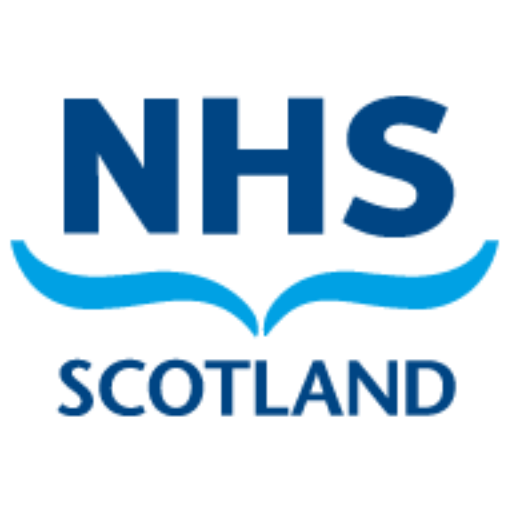The Surgical Conditions Affecting Newborns in Scotland Network formerly known as Surgical Congenital Anomalies Network Scotland (SCANS) is a nationally supported network of professionals working throughout Scotland involved in treating and caring for patients with various congenital anomalies requiring surgery as well as supporting their families. The network is administered by the National Managed Clinical Network (NMCN) office in Glasgow and is strategically led by a steering group with consultant and nursing representation from hospitals throughout Scotland.
SCANS was established as the result of a formal network review of the Scottish Diaphragmatic Hernia Clinical Network (SDHCN) in 2018/19. The outcome of the review was that the scope of the network was extended to include further congenital anomalies requiring surgery. In addition to patients with diaphragmatic hernia, the network now also includes patients with gastroschisis, exompholos, oesophageal atresia and duodenal atresia rebranded as the Surgical Congenital Anomalies Network Scotland (SCANS). This has not only re-invigorate engagement but also allows the learning and developments from congenital diaphragmatic hernia (CDH) to benefit babies and their families affected by these other four conditions and enable the improvements identified for CDH to be progressed more effectively.
Within its extended remit it is estimated that the network now covers 70 – 80 live births per year for all five anomalies (compared to 20 – 25 previously for CDH alone). The network supports services in Scotland to provide equitable and prompt access to high quality care for all babies and children affected by these anomalies across their patient journey from antenatal, through perinatal, surgery, postnatal and long-term follow-up. Services for those affected by these conditions are delivered across three maternity units (Glasgow, Edinburgh and Aberdeen) allied to neonatal surgery units. These five conditions require the input of a tertiary centre but many aspects of follow-up care can be managed locally. The network facilitates consistency to ensure that all health professionals, parents/carers and patients themselves have equitable and evidence based treatment plans.
The main objectives of SCANS are as follows.
To ensure that for all of these five conditions:
- There is equity of access across Scotland to a standardised high quality care pathway for mother and baby across antenatal, perinatal, surgery and long-term follow-up.
- To collect and evaluate service delivery model against agreed standards and quality indicators.
- To introduce a formalised management structure that will support the coordinated strategic long term planning for future service delivery.
- To identify education and training needs and facilitate the design and delivery of education and training
